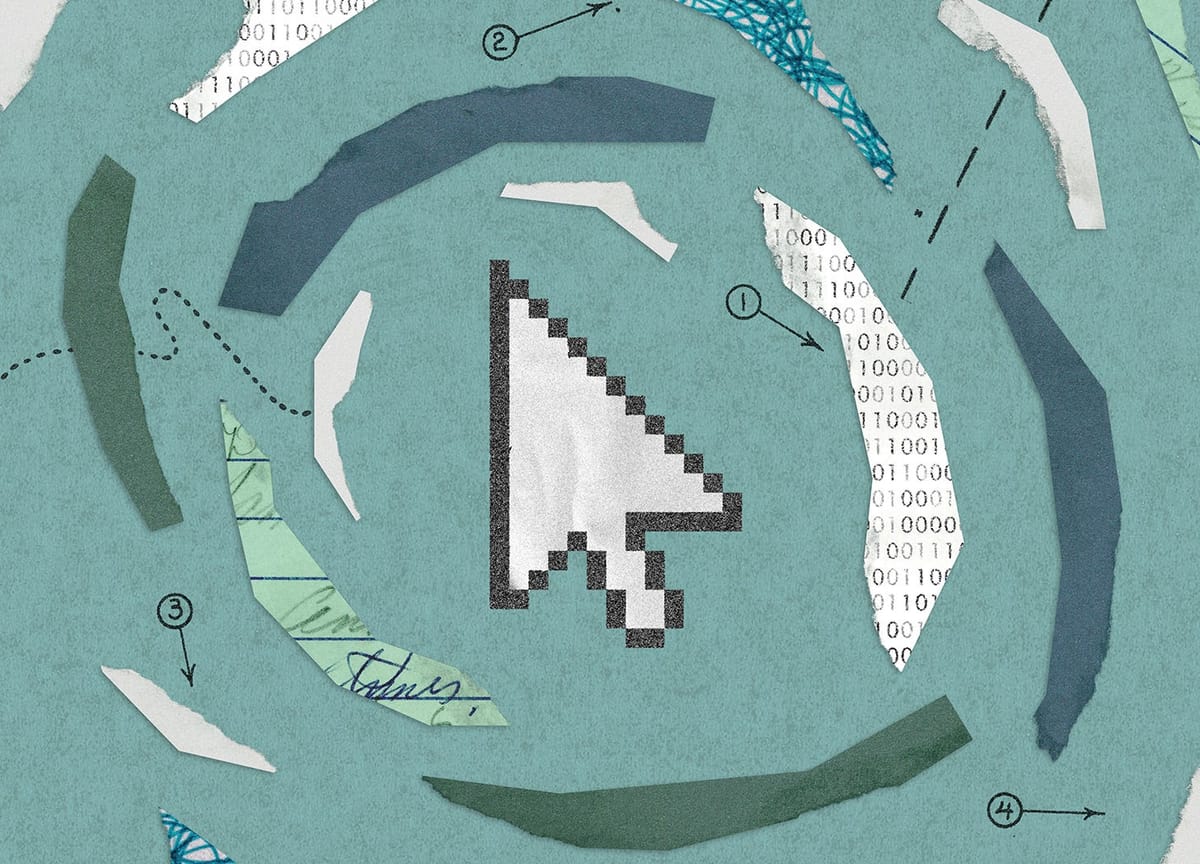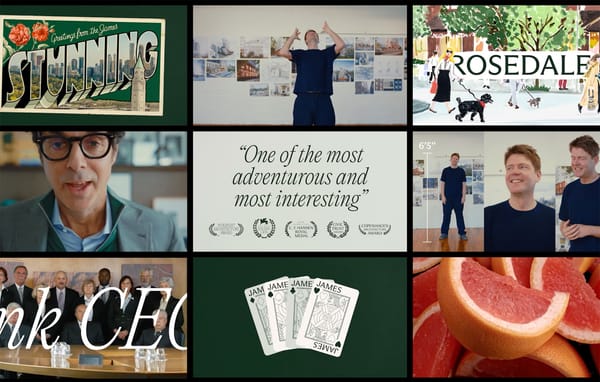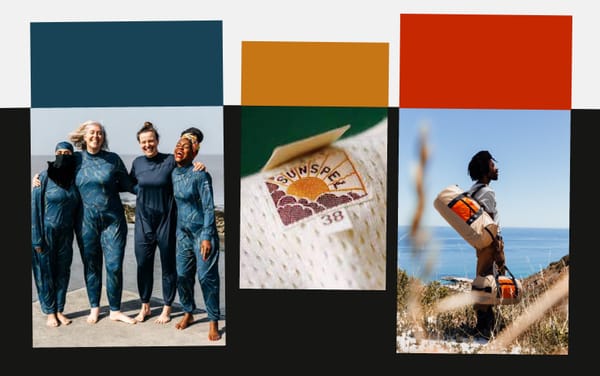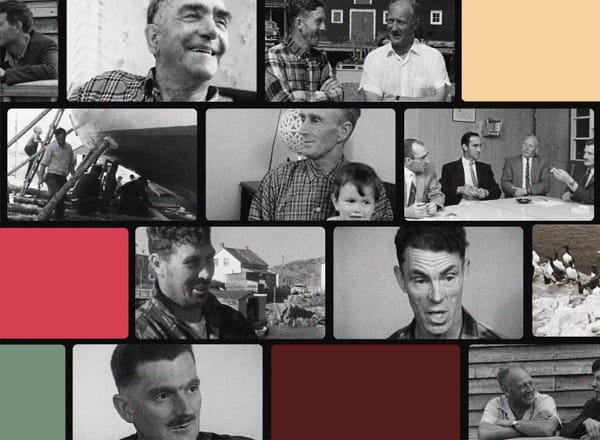Track Changes
A recent conference offered visions of human-scale, companionable technology

Hi everyone,
I discovered that Causal Islands was not your typical tech conference when the Zapatistas were mentioned onstage before Apple or Google. Organized by Fission, the three-day gathering in Toronto last week focused on technology, but the presentations and sideline conversations were as often about politics, community, and creativity as they were about code and the cloud. As an interested outsider, this felt like how it should be: if there’s one thing the last decade has taught me about the industry, it’s that we can all benefit from people in tech—leaders especially—opening themselves up to other, often messier aspects of the human experience. It was gratifying to hear broader social and cultural concerns addressed directly and repeatedly, and the vision of technology that emerged was invigorating.
The Zapatistas were cited in Jasmine Wang’s conference-opening lightning talk, which focused on how to think beyond the corporation as a default organizational and governing structure. Artist Chia Amisola followed, remotely, with a poetic tale of how technology has allowed her to “make and unmake” herself, our creation myths for the technologies we live with and through, and the faith we place in other people. The talk was sprinkled with references: to the canonical Ursulas (LeGuin and Franklin), David Graeber, Ellen Ullman, Ruha Benjamin, and Tiana Reid, among others. Taken together, these two speakers—both women, both young, both community founders—outlined the vision I mentioned: where technology is personal, secure, and responsive to our needs, empowers individual expression, encourages healthy relationships, and enables consensual decision-making.
Other speakers filled in the details by describing the work they’ve done, research they’ve conducted, or protocols and principles they’ve supported. Mauve discussed their efforts at building and evangelizing local-first (rather than corporate cloud–first) software, networks, and governance. Geoffrey Litt demoed Potluck, a software-research experiment that, through “gradual enrichment,” turns a simple text document or list into a responsive tool. (Think of scaling a recipe’s quantities, say, or tracking workout progress without needing a specialized app.) Ramsey Nasser cautioned that “modern computing is built on unstable ground”—and that “ground” is not just obsolete programming languages or companies that pivot, but also the finite materials, like lithium, with which we build our machines. And Jon Corbett, a nehiyaw-Métis artist and programmer, chronicled his inspiring and epic attempts to “braid” his Indigenous culture with Western computing frameworks. This involved everything from building his own circular keyboard to working with elders to find words for abstract programming concepts. “It turned into a whole system. I wrote three dissertations, not one.”
Final-day keynote speaker Maggie Appleton tackled generative AI, the subject currently vexing so many of us whose industries, like media and design, involve the “creativity” that was one of the conference’s themes. An anthropologist by training, she spoke about how AI-generated content pollution will make it harder to find and foster authentic human relationships on the web. In her telling, this flood of “informational garbage” suggests challenging futures (with catchy names like “human-centipede epistemology”). But, as three days of speakers had made clear, the challenge is not that AI is “the destructive force here. The way we’re choosing to deploy it in the world is.”
She ended with the question that was, in so many words, asked by most of the Causal Islands speakers: in light of the problems we’ve created, “what should [we] be building instead?” As Jenn Schiffer had put it in her talk twenty-four hours earlier, “We can’t undo the past twenty years, but we can course correct through all the topics that we’ve been discussing at this event.”
I came to networked computing in the same year I came to punk rock, so for three decades my understanding of technology has been bound up with my interest in DIY efforts, exploring subcultures, and how communities of shared interests nourish us. So I’ll keep exploring the many possible answers to the question of what technologies to build—and sharing what I find with you, with links out to the open web so you can explore for yourselves.
Love all ways,
Brian
🔗 Good links
- 🚗 Is the touchscreen era of car design coming to an end?
- 🥖🚴🏻♂️ On the movement “to expel cars from the heart of the largest metropolitan area in the European Union.”
- 💾 A major new exhibition of early computer art “rewrites history by separating social concerns from formal ones.”
- 📚 “I have had no bad conscience about using [designers] to increase sales.” On New Directions’ enigmatic, alluring book covers.





